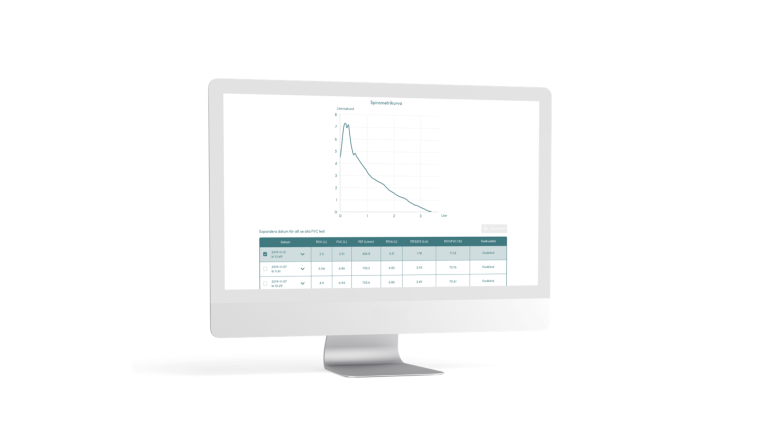What does a COPD diagnosis mean for my future?
Being diagnosed with COPD can cause worry about what the future holds. It’s important to know that you can live a meaningful and active life with the right treatment and support. Your healthcare team can help you create a management plan to address symptoms and maintain a good quality of life.
Can COPD be treated?
Yes, COPD is a treatable disease, even though it is chronic. With the right medications, lifestyle changes, and ongoing care, you can relieve symptoms and improve your prognosis. Regular follow-ups and consistent contact with healthcare providers are essential parts of managing COPD.
Will I die from COPD?
COPD is a serious disease, but it can be managed. Quitting smoking, making healthy lifestyle choices, and following your treatment plan can slow disease progression and improve your outlook. Early diagnosis and smoking cessation are particularly important to increase quality of life and reduce the risk of complications.
Is it worth quitting smoking?
Absolutely! Quitting smoking is the most effective action you can take to slow the disease and improve lung function. It also lowers the risk of other illnesses. If you find quitting challenging, your healthcare center can provide support and resources to help you stop.
What symptoms should I keep an eye on?
Pay attention to symptoms such as increased shortness of breath, more frequent coughing, and increased mucus production. These signs may indicate a worsening of your condition, known as an exacerbation. When you notice any of these changes, it’s important to contact your healthcare provider promptly. Remember to mention that you have COPD and describe any new symptoms you are experiencing.
What should I avoid if I have COPD?
Try to avoid smoking, exposure to air pollution, and other irritants. It’s also a good idea to protect yourself from infections by washing your hands frequently and avoiding contact with people who are ill. Speak to your healthcare provider about getting flu and pneumococcal vaccines, especially during flu season.
Asking questions and getting answers is a crucial part of understanding and managing your COPD. Remember, you are not alone—healthcare professionals and patient organizations are there to support you.





